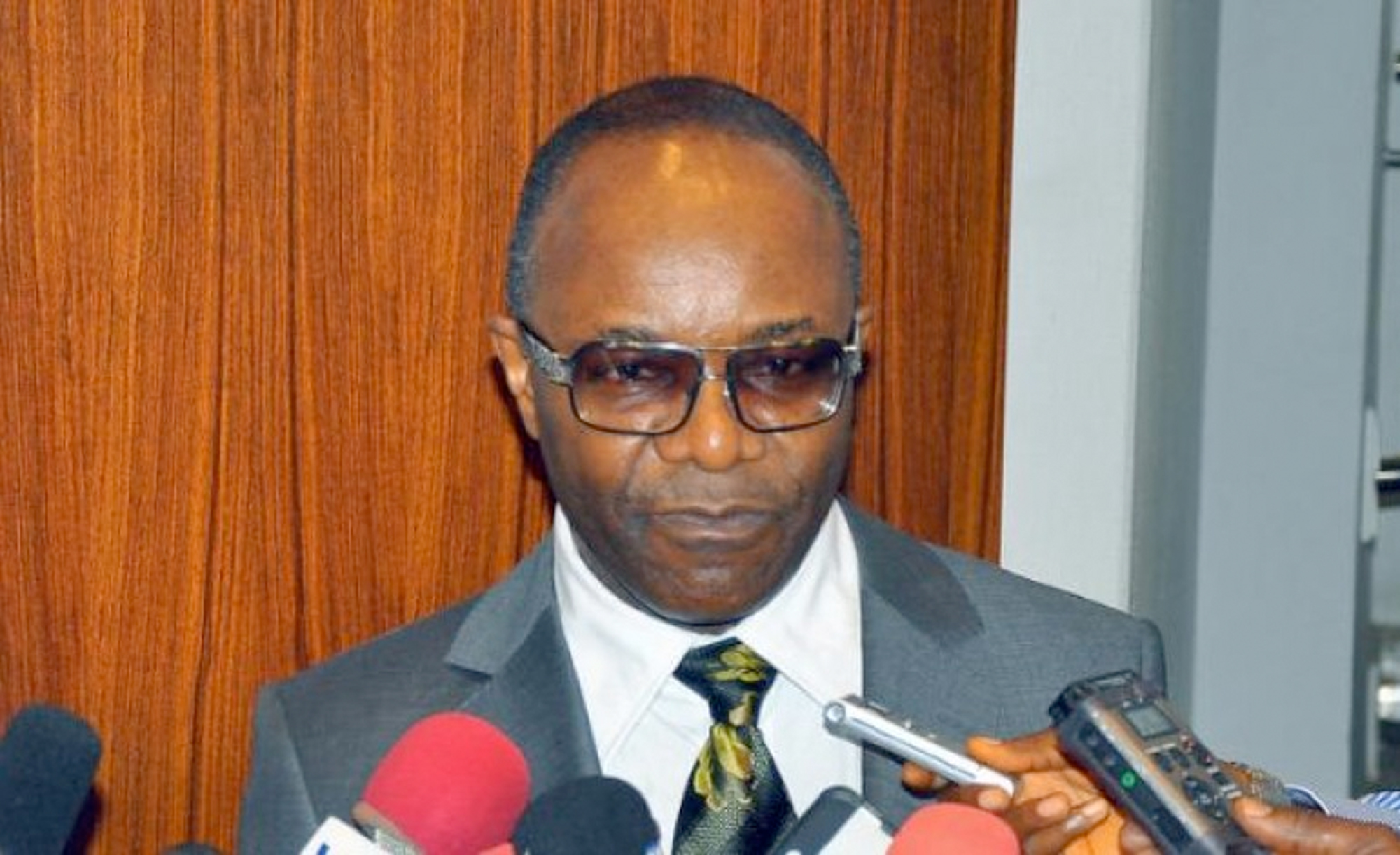- Kachikwu: $100 Oil Impossible in 2018
The Minister of State for Petroleum Resources, Dr. Ibe Kachikwu has said it would not be possible for the price of crude oil to rise to $100 per barrel in 2018 as the current market conditions did not support such expectations.
Speaking to some reporters recently in Abuja, Kachikwu, predicted that at most, oil prices could settle at $60 per barrel.
He explained that already, more countries were beginning to cut down their dependence on fossil fuels as the main fuel source to power their economies.
He, however, noted that the industry could experience better market conditions towards the last quarters of 2018.
“Everything all added up together is showing us that towards the last quarter of 2018, we expect a better market. Does that better market translate to your $100 price? Never! I don’t see it, frankly I don’t see it,” Kachikwu said.
“It’s going to take a major calamity. Largely because on the back of all these, countries are racing away from oil. If Europe is saying: ‘in five years’ time, we are going to exit oil cars to electric cars,’ oil, therefore, is getting its last years, except for those who produce and use it for local consumption because they’re moving slowly away from it but in terms of an income resource, you can begin to count the years in your hands. In 10 years’ time, I’d be very surprised if any country that hasn’t diversified enough is counting really seriously on oil,” the minister explained.
While expressing his expectations for Nigeria’s crude oil in the global oil market, the minister added that: “This year, I’m knocking on the wood for $60 but I don’t think it’s going to happen, so mid $50s. If I get $55 at the end of the year I’m content and by late 2018 early $60s.”
He also reiterated the need to have private finance to help develop and revive Nigeria’s petroleum infrastructure, adding that as long as the country rejects such options, its oil industry infrastructure base may remain undeveloped and inefficient.
“Pipelines, infrastructure whether it’s gas whether it’s crude there’s absolutely no way you can have this country get away from these inefficiencies we see unless we get the private sector build pipelines, build infrastructure, tariff those infrastructure, then you’ll suddenly see the books of NNPC, government income, stability would all improve, more jobs would be created, you’ll have gas to power much easier,” he noted.
“As of today, we have hit 7,000 megawatts of electricity but we only have the capacity to distribute about 4,000 meaning about 3,000 is sitting there. What does it take? Infrastructure! So, we’ve got to step out. All over the world, state by state you have about two or three power providers and they are running their metering, charging the right tariffs for it, life goes on and they can do their investment in terms of generating the power so they are fundamental things that we need to do especially in the oil industry but we are being very constrained,” the minister said
“Look at refining for example, if you open up refining, just like what Dangote is doing, if we have three or four or five Dangotes building refineries, the equation changes. We’ll be dealing with how do we export and then the prices begin to come down because efficiencies and competition hit the table,” he added.

 Naira4 weeks ago
Naira4 weeks ago
 Naira4 weeks ago
Naira4 weeks ago


 Naira4 weeks ago
Naira4 weeks ago




 Naira3 weeks ago
Naira3 weeks ago
 Commodities4 weeks ago
Commodities4 weeks ago


 News4 weeks ago
News4 weeks ago


 Banking Sector4 weeks ago
Banking Sector4 weeks ago
 Travel4 weeks ago
Travel4 weeks ago
























